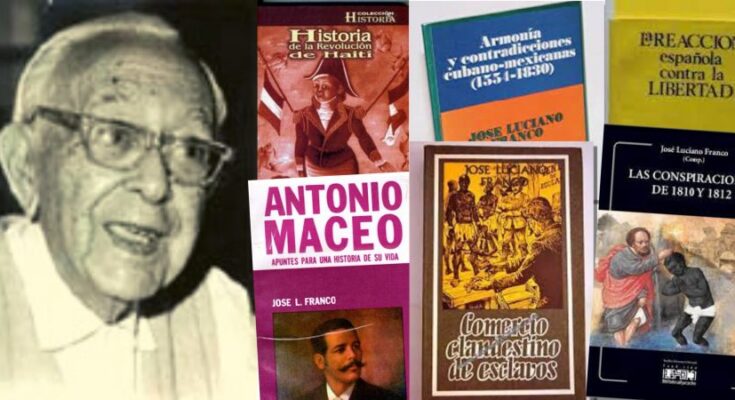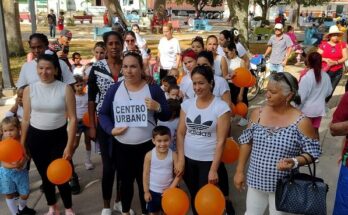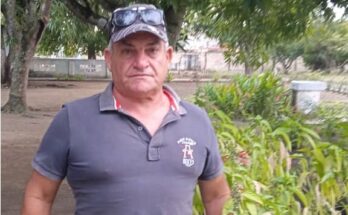On December 14, 1891, José Luciano Franco was born in Havana. From a humble tobacco worker, a laborer in the port and a waiter in the Department of Street Cleaning in his youth, he became one of the great Cuban historians of the 20th century, as well as a Cuban professor, researcher and journalist.
He studied Municipal Science and Urbanism, and historical research under the auspices of the then historian of the City, Emilio Roig de Leuchsenring, and the former director of the National Archive of Cuba, Joaquín Llaverías.
Luciano Franco was also one of Cuba’s most prolific and diligent intellectuals: he produced more than 50 books and pamphlets; he specialized in the African slave trade, the slave uprisings and the biography of the independence hero Antonio Maceo; his work includes the history of the Caribbean.
For his professional work he contributed studies of great significance for the Afro-American history, so rich and still unknown; his early conception of multiculturalism made possible to know the African inheritance as that footprint in Cuba and in America.
After the revolutionary triumph of January 1959 Franco worked as a professor at the Enrique José Varona Pedagogical Institute of the University of Havana, where he taught History of America and the Antilles; appointed by UNESCO, he participated in the International Scientific Committee for the drafting of a General History of Africa.





